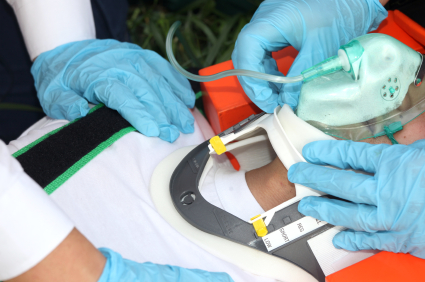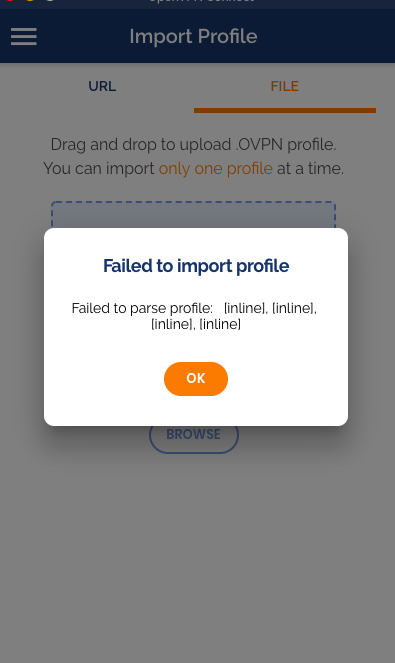A collaborative platform for paperless relicensing
A collaborative platform for paperless relicensing
| Features | Basic subscription | Premium subscription |
|---|---|---|
| Pay for a module | ||
| Complete it | ||
| Email your certificate | ||
| Print off your certificate (See example) | ||
| Receive personalized alerts | ||
| Built up your portfolio | ||
| Get reminder of your re-licensing date | ||
| Paperless re-registration | ||
| Skill development by your institute or employer | ||
| Cost | Free | 825.96 INR per year |








(CMECP1760508792)
The Nursing Assistant Fundamentals specialization prepares students for a successful Nursing Assistant career in diverse healthcare settings, emphasizing patient care assistance, health care setting navigation, effective communication in healthcare, hygiene and safety protocols, and patient mobility and comfort.
Accredited for : Nurse, Advanced practice nurse
Status of credits: 50 GJIPA Credit
Content provider: Accrecent
Course duration: 00:45
Expiry date of course: December 1, 2026
Module size: 3.41MB
Disclosure of interests: No interest declared
Price: ₹0.00
(CMECP1760526427)
This free online course takes you through advanced cardiac life support (ACLS) stages, enabling you to recall vital information in stressful situations when every moment counts. Complete this course and apply for certification to gain international accreditation. The course takes you through each stage of ACLS, from approaching an individual in trouble to post-cardiac arrest care. These are life-saving skills that will always be in demand.
Accredited for : Cardiologist, Specialist in cardiothoracic and vascular surg...Read More
Status of credits: 123 GJIPA Credit
Content provider: Accrecent
Course duration: 01:30
Expiry date of course: December 31, 2026
Module size: 0.02MB
Disclosure of interests: No interest declared
Price: ₹1346.83
(CMECP1759716165)
"Apply this rule only if attempts remain. After the examination, when the user is shown two options—Retake or Next— If the user clicks Next, display a confirmation pop-up: You have X attempt(s) remaining. If you click Next, your scores will be submitted, and you won’t be able to retake the examination. Also if the user clicks on next then dont show the Retake examination option "
Accredited for : Awaiting accreditation
Status of credits: Awaiting accreditation
Content provider: Accrecent
Course duration: 01:00
Expiry date of course: Awaiting accreditation
Module size: 0.00MB
Disclosure of interests: No interest declared
Price: ₹0.00
(CMECP1758004868)
This course will define pediatric (or pediatric) advanced life support (PALS). You will learn about the protocols to guide responses to life-threatening clinical events. You will also learn how to quickly and efficiently organize a resuscitation team to participate in PALS effectively. Learn about the PALS basic life support (BLS) method used when there is limited access to advanced interventions such as medications and monitoring devices. Because respiratory distress in children and infants can occur unexpectedly, knowing the steps and algorithms for BLS may mean the difference between life and death. The course then explains more about available resuscitation tools as an essential component of PALS. You will learn about the two adjuncts broken down into two subcategories: medical devices and pharmacological tools. You will also learn about the symptoms to look for when checking for respiratory disorders and how to respond. Study the various types of shock and how to recognize and respond to each. You will master post-resuscitation care and its role in optimizing ventilation and circulation, preserving organ and tissue function, and maintaining recommended blood glucose levels. Finally, you will go through a series of demonstration videos, view a demonstration, and learn airway management and how to access an infant’s airway. You will also gain the skills to perform a one-person BLS and a two-person BLS. Studying the importance of airway management is a significant component of pediatric advanced life support. Complete this course and purchase a certificate to gain access to free international accreditation. If you are a parent, carer, childminder, nursery teacher, or an au pair, these skills will be invaluable to your peace of mind.
Accredited for : Chiropractor
Status of credits: 80 GJIPA Credit
Content provider: ecancer
Course duration: 01:30
Expiry date of course: December 31, 2026
Module size: 0.28MB
Disclosure of interests: No interest declared
Price: ₹30242.51
(CMECP1755938043)
OSA is common and the prevalence is increasing with the increased prevalence of obesity. Daytime sleepiness is among the most common symptoms, but many patients with OSA are asymptomatic. Patients with OSA who are asymptomatic, or whose symptoms are minimally bothersome and pose no apparent risk to driving safety, can be treated with behavioral measures, such as weight loss and exercise. Interventions such as positive airway pressure are recommended for those with excessive sleepiness and resistant hypertension. Managing asymptomatic OSA to reduce cardiovascular and cerebrovascular events is not currently supported by high-quality evidence.
Accredited for : Awaiting accreditation
Status of credits: Awaiting accreditation
Content provider: Accrecent
Course duration: 01:00
Expiry date of course: Awaiting accreditation
Module size: 0.00MB
Disclosure of interests: No interest declared
Price: ₹0.00
Copyright Ⓒ CMEPEDIA, Indian GST : 29AUAPV8596N2ZC, All rights reserved.

We are pleased to see that you are interested in the modules we have on offer. The current price is calculated for Indian healthcare professionals. It requires an address in India and an Indian payment mode to purchase the module at this rate.
Feel free to calculate the price in your currency:If you would like to access CMEPEDIA in your country too, get in touch with us. We’ll work on it.
Please register as a basic user to avail this feature.
All authors must disclose financial relationships with ineligible companies, defined as those primarily involved in producing, marketing, selling, re-selling, or distributing healthcare products used by or on patients.
Comprehensive disclosure is required from graduation onward, with a minimum review period of the past 24 months, regardless of amount or relevance.
Disclosures determine eligibility and are reflected using the following colour codes:
Green – No interests to declare
No financial relationships with ineligible companies throughout the individual’s career.
Orange – Limited interests
Previously had a relevant financial relationship, but it ended or was mitigated. Eligible to participate in all CME activities, including clinical content.
Red – Significant interests
Ongoing or unmitigated relevant relationships. Participation in certain content areas red: may restricted- replace by is restricted to non-clinical topics.